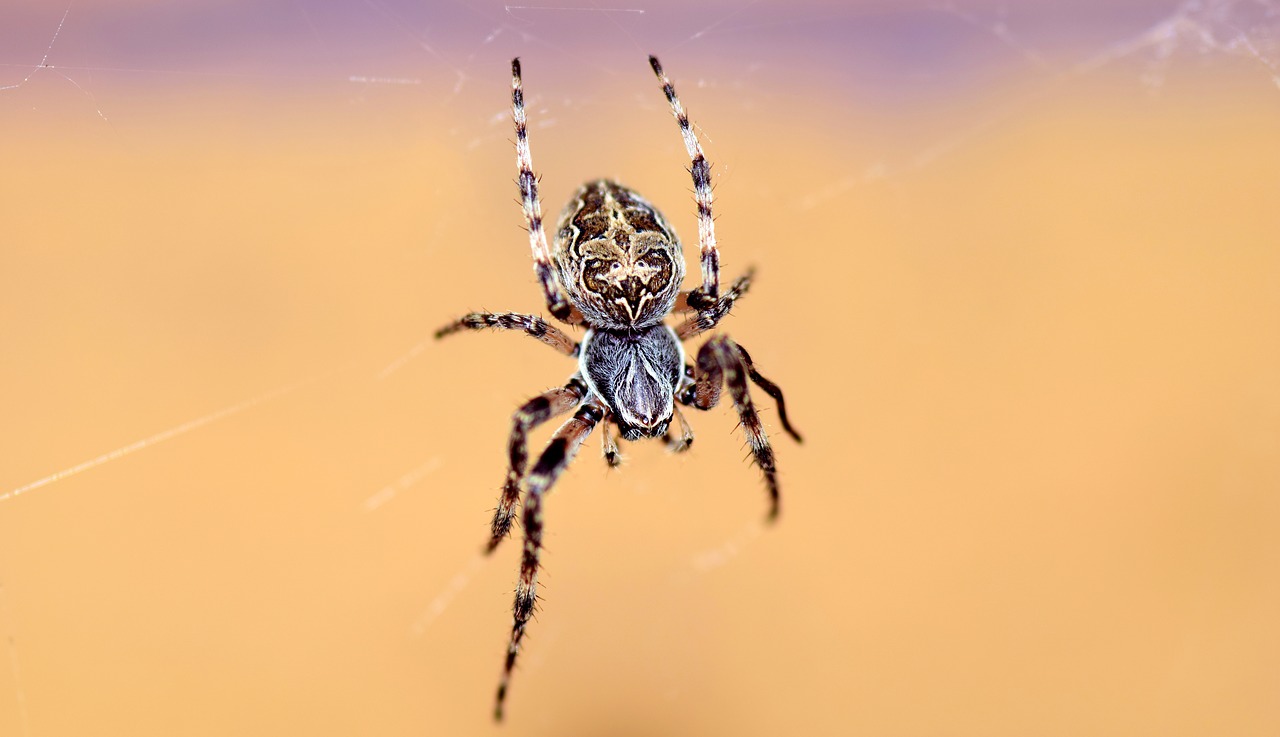One of the most enduring urban legends is that, on average, humans swallow eight spiders a year while sleeping. It’s a piece of “knowledge” that many of us have heard at some point in our lives, often accompanied by expressions of disgust or horror. But how true is this claim? Let’s dive into the origins of this myth, and the scientific evidence against it.
Origin of the Myth
To trace back the origins of this myth is to venture into a maze of folklore and hearsay. It’s difficult to pinpoint exactly where and when this tale began. However, one prominent theory suggests it was a piece of made-up information spread as a sort of sociological experiment. In the 1990s, a writer named Lisa Holst is often cited as creating this myth to demonstrate how quickly false information can spread on the internet. Ironically, there’s a twist: There’s no verifiable evidence that Lisa Holst even exists or that she ever conducted such an experiment1. This adds an extra layer of myth to the story.
The Science Behind the Myth
The idea of swallowing spiders during sleep is implausible for several reasons:
- Humans are noisy breathers. The act of breathing while asleep can be quite noisy, and this alone can deter spiders. Spiders are sensitive to vibrations and would most likely avoid a living, breathing human due to the vibrations caused by breathing, snoring, and heartbeats.
- Spiders aren’t interested in the human mouth. A spider’s primary goal is to find food, shelter, or a mate. The human mouth offers none of these. Insects, which make up a large portion of many spiders’ diets, are not commonly found inside human mouths.
- Bed environment. Most of us sleep in environments that are not very conducive to spiders. Our beds, especially when covered with blankets or sheets, don’t offer the kind of environment spiders are usually looking for.
- The statistics don’t add up. To reach an average of eight spiders swallowed per year, it would require nearly everyone on Earth to swallow spiders at an alarming rate, considering the majority of humans likely swallow none.
- Lack of evidence. Despite this myth’s widespread nature, there is no scientific documentation or evidence to support the claim that people routinely swallow spiders during sleep. Had this been a frequent occurrence, it’s likely it would be well-documented in scientific literature.
Conclusion
The idea of unwittingly swallowing spiders is undoubtedly unsettling, but there’s good news: it’s highly unlikely. Like many urban legends, the “eight spiders” myth seems to have gained traction due to its shocking nature rather than any basis in fact. Remember, spiders have as little interest in exploring our mouths as we have in eating them!
Sources:
Footnotes
- Brunvand, Jan Harold. “The Choking Doberman: And Other Urban Legends.” W.W. Norton & Company, 1984. ↩






